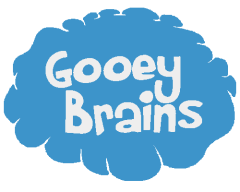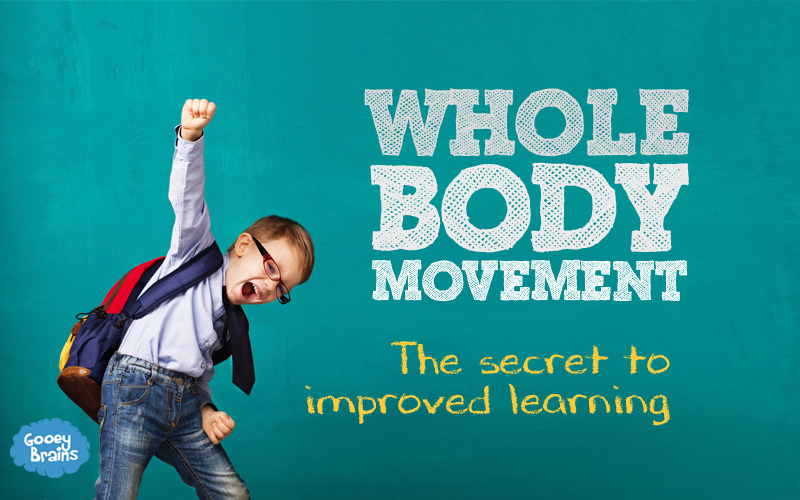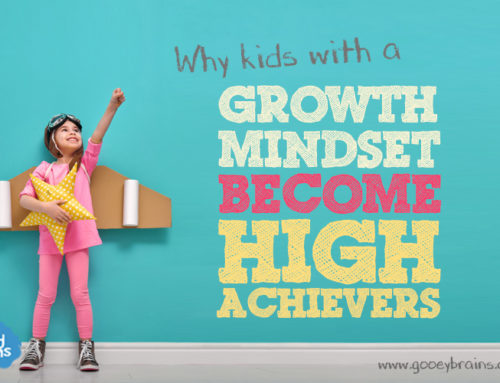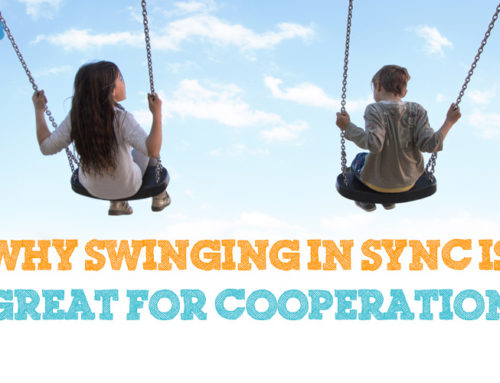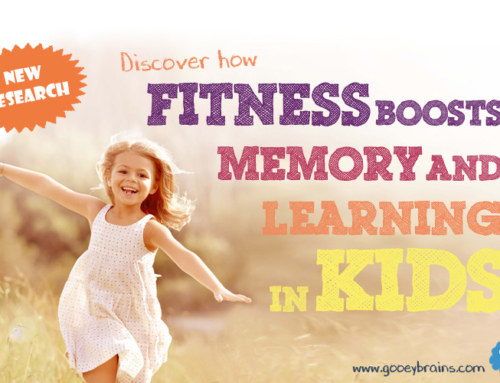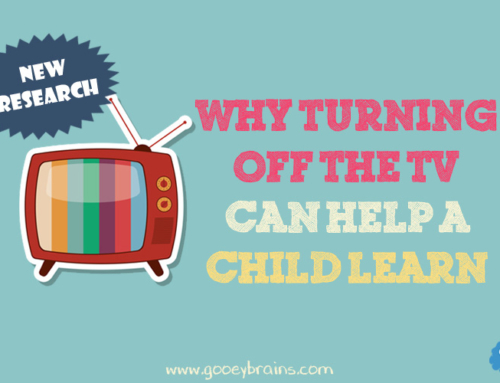Did you know that movement and physical activity is an important part of learning? Being active is fun and a brilliant way to supercharge the brain. Scientists are now discovering that moving using your whole body (big, gross-motor movements) can help your brain learn new information and skills!
In fact, a recent research study showed that many children improve at mathematics when their body is engaged in movement while they are being taught. The team at the University of Copenhagen demonstrated that kids learn more when they are allowed to move their whole body. When the teacher allowed body movement relevant to learning the mathematical concept, the kids performed better in standardised mathematical testing. The biggest improvements were shown in children who were considered average or above-average in mathematics ability.
So what does whole-body maths instruction look like with first graders? Well, their teacher packed away the desks and chairs and taught maths to the children by doing things such as:
- making shapes with the body
- shaping the body to make numerals
- doing sums using one another as digits/tokens
And, it appears that whole body movement helps learning in more areas than just mathematics. Researchers at the University of Wollongong showed that preschoolers showed improved learning of foreign words when they enacted the words using their bodies. The children used actions like dancing, jumping and catching while looking at flash cards. The team noted that “Not only did this way of learning prove more effective, it was also more enjoyable for children. And most importantly, it got kids moving, which is not only good for their physical health, it’s also important for their brain development.”
Happy children, happy brains, happy learning!

